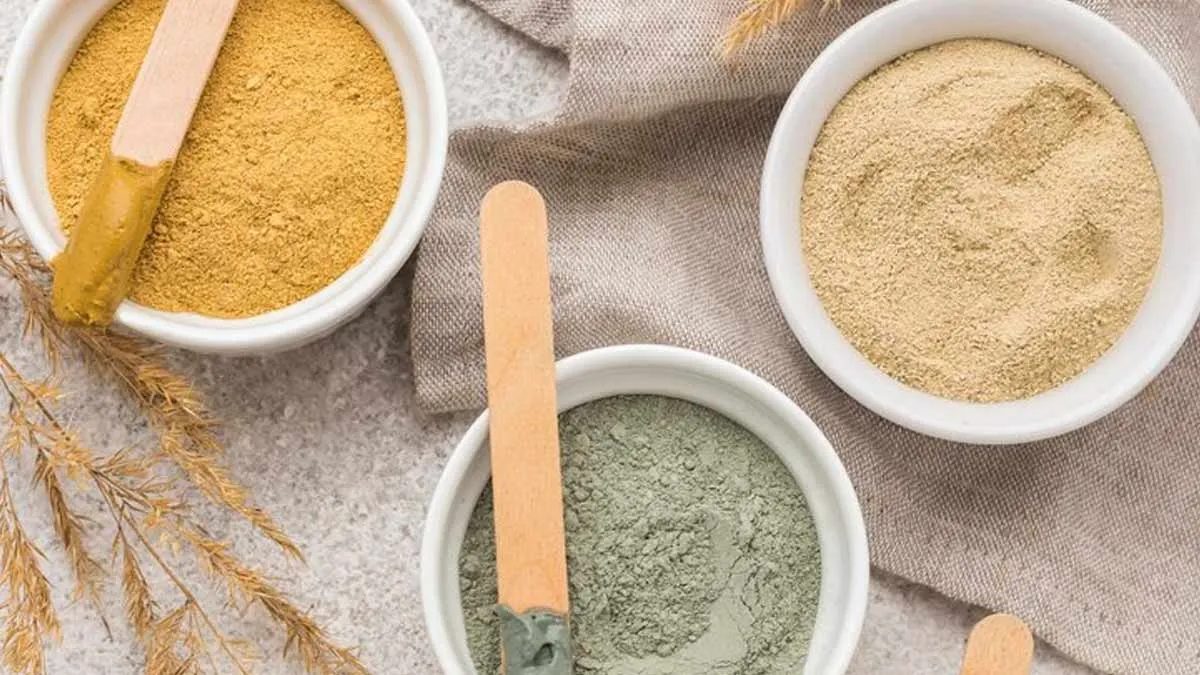
Healthy feet are essential to our overall well-being, as they carry us through daily tasks and keep us moving. However, foot health often gets overlooked, leading to common problems like foot odour, fungal infections, and discomfort. One of the most effective ways to combat these issues naturally is through the use of herbal foot powders. These powders are easy to make at home and are an excellent, chemical-free alternative to store-bought products.
Table of Content:-
Why Foot Health Matters
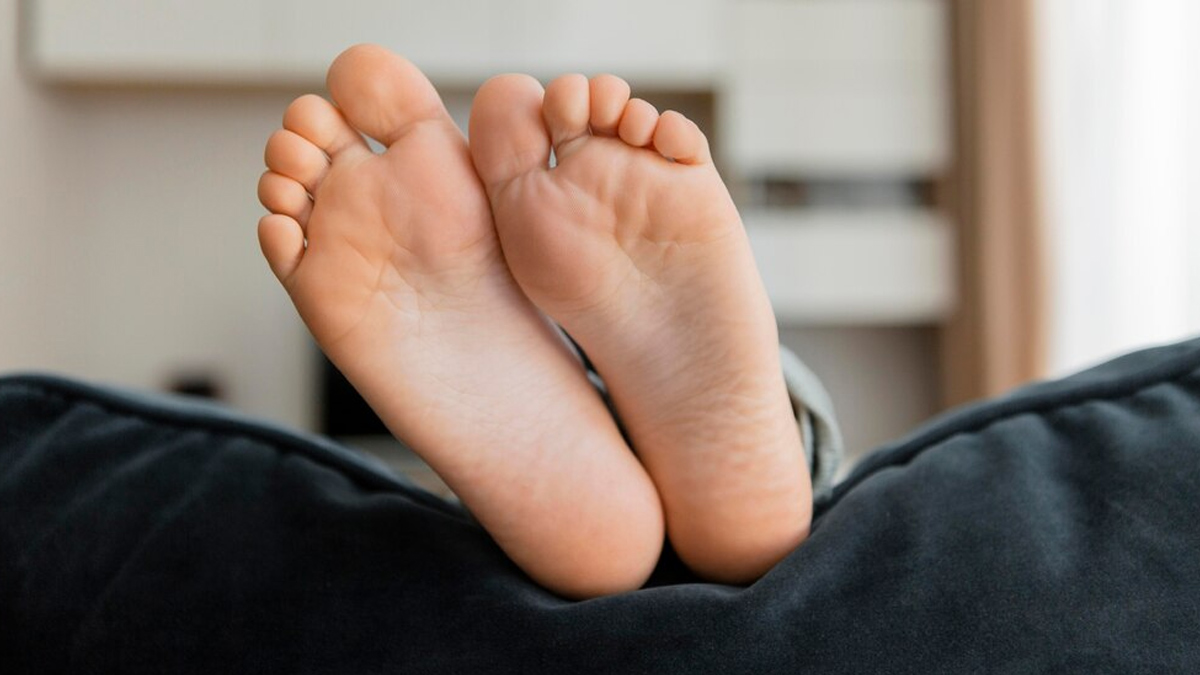
Foot problems can be uncomfortable and embarrassing, and when ignored, they may progress into serious health issues. Foot odour is often caused by bacteria that thrive in the warm, moist environment of shoes and socks. Fungal infections, like athlete’s foot, also thrive in this environment, causing itching, redness, and peeling of the skin. Over time, these conditions can lead to painful sores and more serious infections if ignored.
They not only absorb moisture but also contain natural ingredients that help fight bacteria and fungi. Most of these ingredients have antifungal, antibacterial, and deodorising properties, making them a perfect fit for foot care.
Benefits of Herbal Foot Powders
Herbal foot powders are an excellent way to keep your feet dry, fresh, and free of odour. Here are some of its benefits:
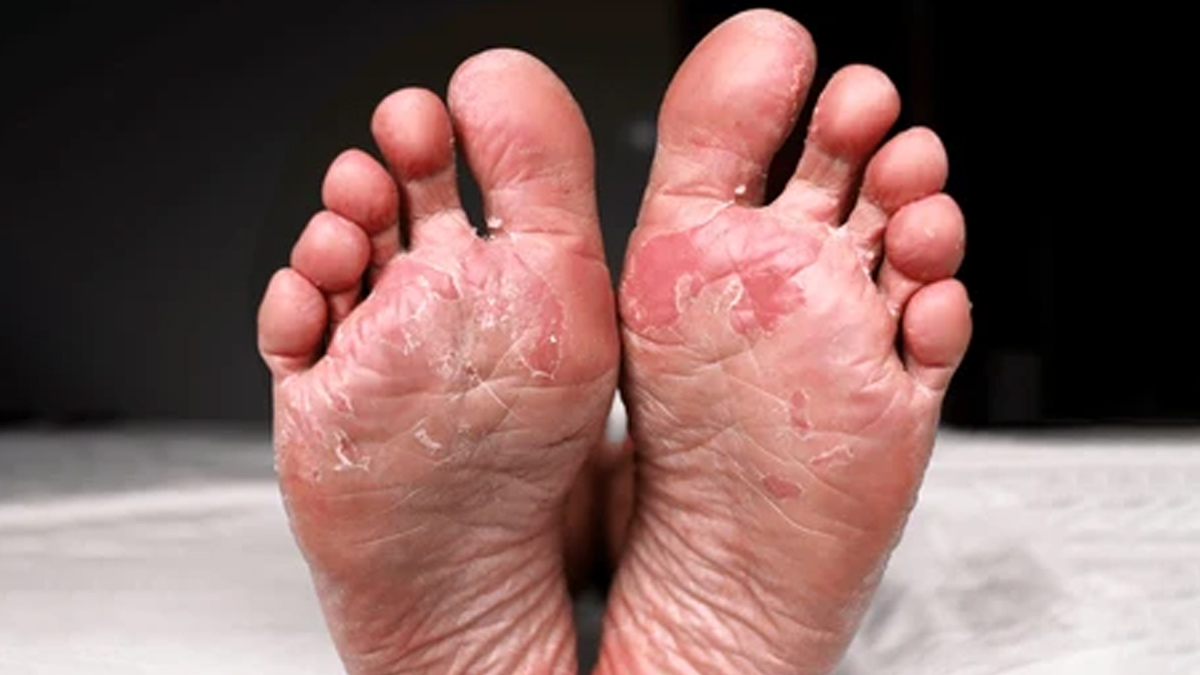
- Odour Control: Many herbal ingredients help to neutralise foot odour by absorbing excess moisture and preventing the growth of odour-causing bacteria.
- Fungal Protection: Some herbs have antifungal properties that help prevent conditions like athlete's foot and other fungal infections.
- Natural and Safe: Herbal powders are chemical-free, making them a safe and natural alternative to commercial products.
- Skin Care: Certain herbs soothe and nourish the skin, keeping your feet soft and smooth.
Also Read: Do You Have Smelly Feet After Removing Shoes? Know Causes And Tips To Prevent
DIY Herbal Foot Powder Recipes
1. Tea Tree and Lavender Foot Powder
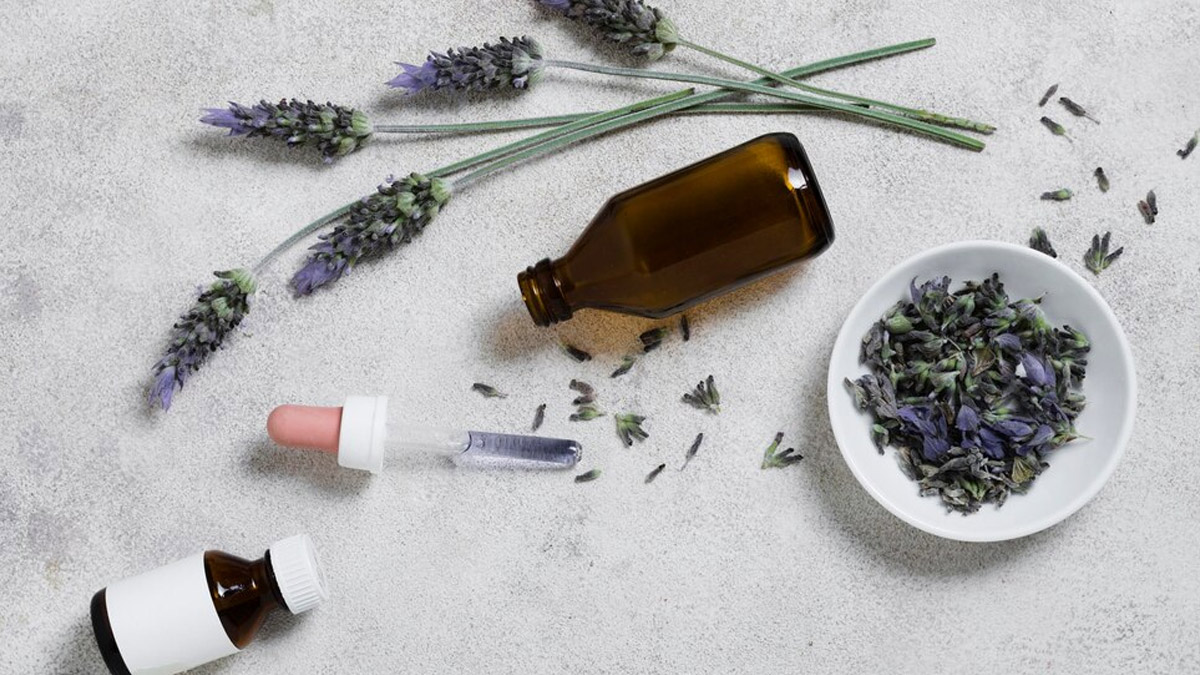
Tea tree oil is widely known for its antibacterial and antifungal properties, while lavender oil helps to soothe and calm irritated skin. Together, they create a potent foot powder that can keep your feet feeling fresh and odour-free. According to a 2012 study, it was found that tea tree oil and certain components like T-4-ol exhibit potent antimicrobial activity against fungal biofilms.
Ingredients
- 1/2 cup arrowroot powder (or cornstarch)
- 1/4 cup baking soda
- 10 drops of tea tree essential oil
- 5 drops of lavender essential oil
Instructions
- In a large bowl, mix the arrowroot powder and baking soda.
- Mix the tea tree and lavender essential oils into the powder blend, stirring thoroughly to ensure the oils are evenly distributed.
- Transfer the powder into a small jar or container with a tight lid.
- To use, sprinkle the powder on your feet before putting on socks or shoes. It will absorb moisture, prevent odour, and protect against fungal infections.
2. Eucalyptus and Peppermint Foot Powder
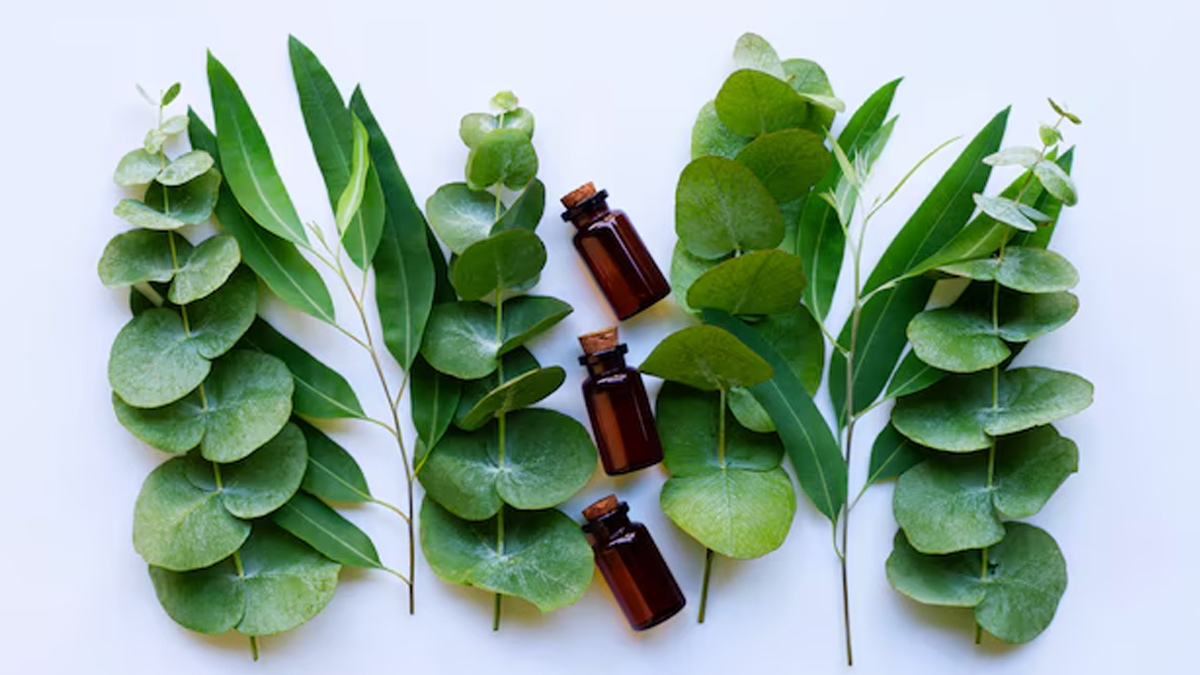
Eucalyptus and peppermint are renowned for their refreshing and cooling effects, offering a soothing and revitalising experience. Peppermint is also effective at reducing itching, while eucalyptus has antifungal properties that help prevent foot infections.
Ingredients
- 1/2 cup arrowroot powder
- 1/4 cup baking soda
- 10 drops eucalyptus essential oil
- 5 drops peppermint essential oil
Instructions
- Add the arrowroot powder and baking soda to a bowl and mix well.
- Add the essential oils and stir thoroughly.
- Store the powder in a jar and use it to keep your feet cool, fresh, and protected from bacteria and fungi.
Also Read: A Guide To Foot Soaks: A Foot Bath Can Keep Your Feet Healthy & Beautiful
3. Rosemary and Sage Foot Powder
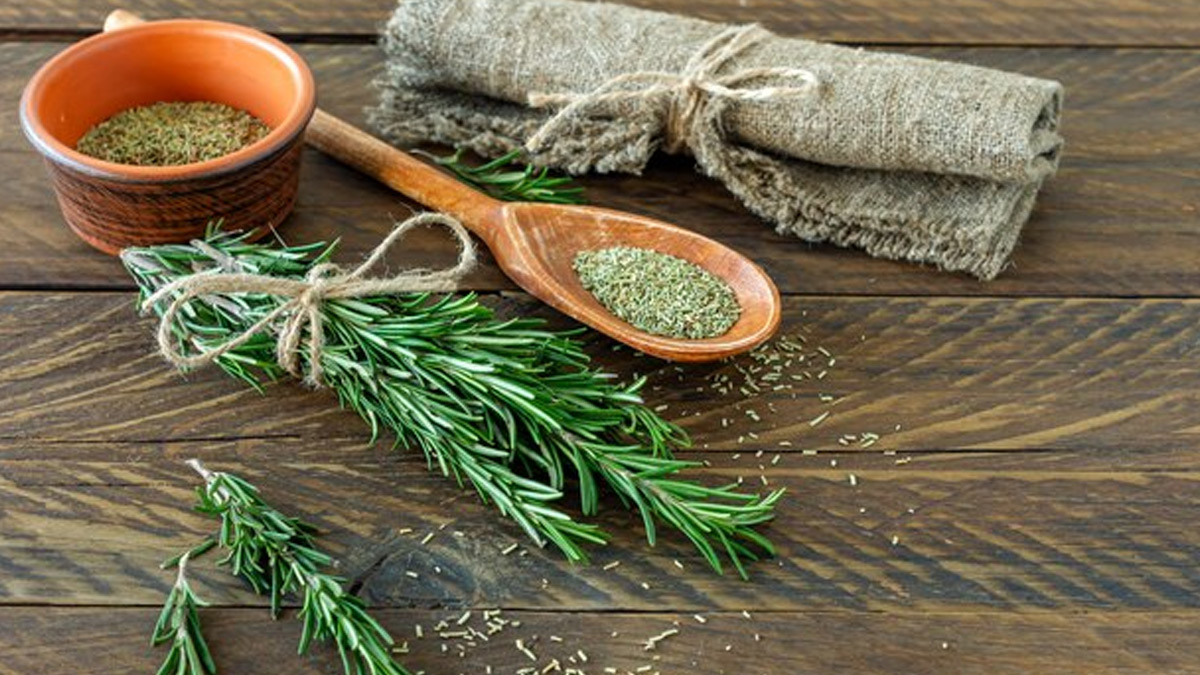
Rosemary and sage are natural antibacterial and antifungal herbs that help combat foot odour and fungal infections. They also have soothing properties that help to relax the feet after a long day.
Ingredients
- 1/2 cup cornstarch or arrowroot powder
- 1/4 cup baking soda
- 1 tablespoon dried rosemary (crushed)
- 1 tablespoon dried sage (crushed)
Instructions
- Use a mortar and pestle or a spice grinder to grind the dried rosemary and sage into a fine powder.
- Mix the powdered herbs with cornstarch and baking soda.
- Store in an airtight container after mixing well.
- Sprinkle generously on your feet before wearing shoes, and enjoy the fresh, herb-infused scent.
4. Cinnamon and Clove Foot Powder
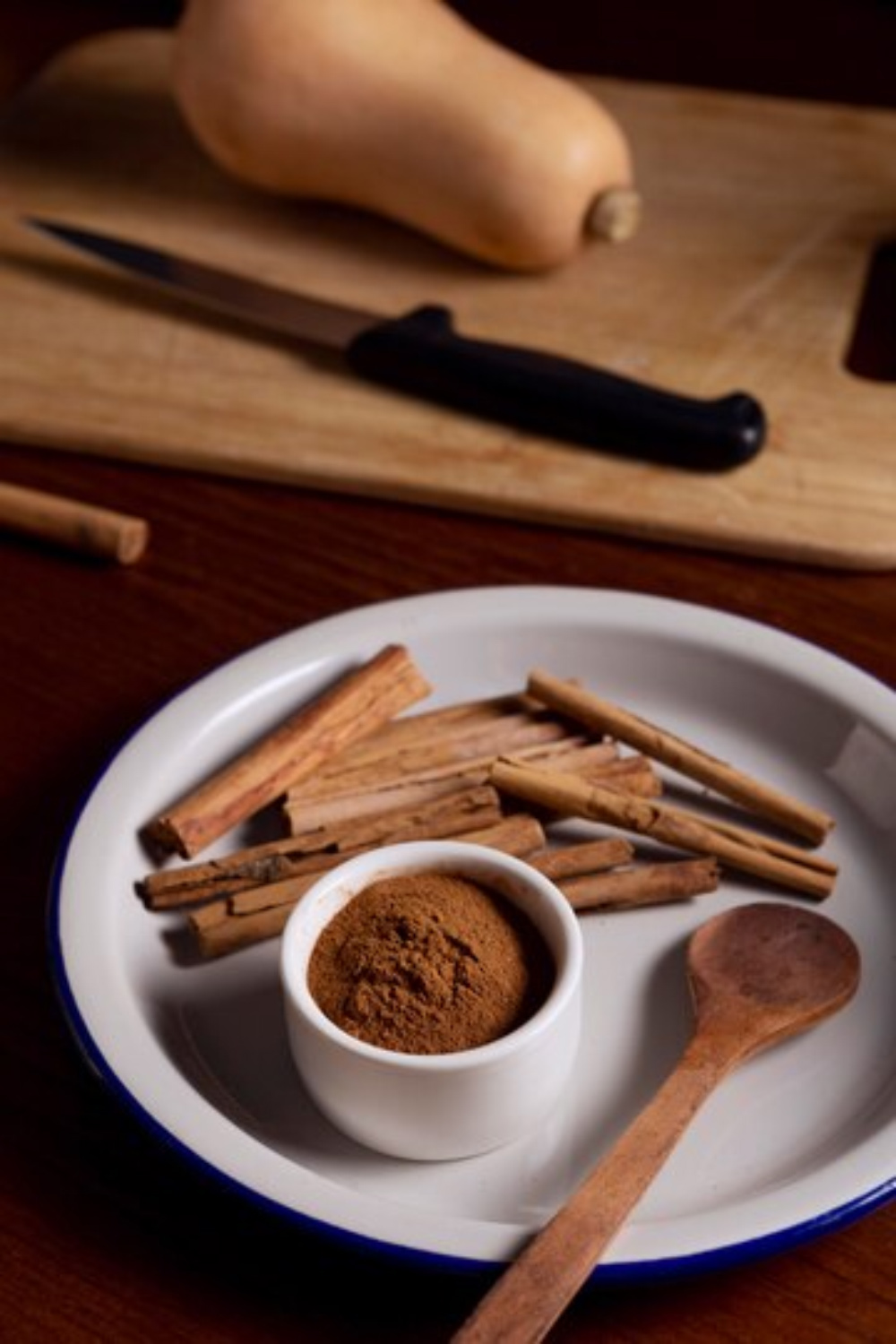
Cinnamon and clove are known for their antibacterial, antifungal, and deodorising properties. This foot powder is ideal for those who are looking for a spicy and sweet-smelling foot care product.
Ingredients
- 1/2 cup arrowroot powder
- 1/4 cup baking soda
- 1 tablespoon ground cinnamon
- 1 tablespoon ground cloves
Instructions
- Take the arrowroot powder and blend it with baking soda in a bowl.
- Add the ground cinnamon and cloves, and stir well.
- Keep the mixture in a container with a secure lid.
- Apply the powder to your feet regularly to help combat fungal infections and odour.
Tips for Healthy Feet
- Keep feet dry: After washing your feet, ensure they are completely dry before applying foot powder to prevent moisture buildup.
- Wear breathable shoes: Select shoes made from breathable materials, such as leather or canvas, to promote airflow and keep your feet fresh and comfortable.
- Change socks regularly: This will help reduce moisture buildup and prevent odour.
- Soak feet occasionally: Soaking your feet in a warm bath with Epsom salts or essential oils can help relax muscles and promote foot health.
[Disclaimer: This article contains information for informational purposes only. Hence, we advise you to consult your professional if you are dealing with any health issues to avoid complications.]
How we keep this article up to date:
We work with experts and keep a close eye on the latest in health and wellness. Whenever there is a new research or helpful information, we update our articles with accurate and useful advice.
Current Version